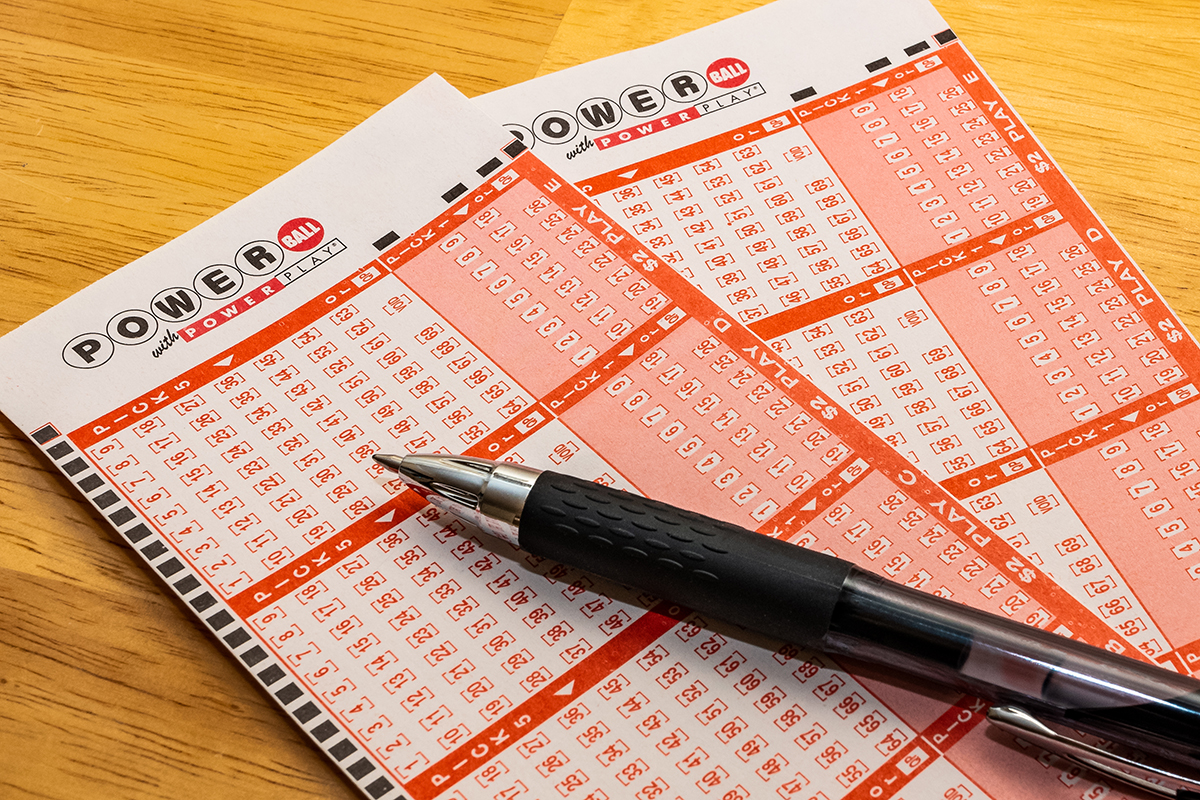The Powerball jackpot has escalated to an impressive $900 million as Saturday’s drawing passed with no winner.
The sum is the third highest in the game’s history, set to be drawn again on Monday night, according to Powerball’s official announcement. However, potential winners should note that the tax implications will considerably reduce the payout.
The lump sum payout option will yield an approximate pretax cash value of $465.1 million. Alternatively, opting for the annuity payment over 30 years delivers a pretax value of $900 million.
Tax experts advise immediate consultation with a professional tax consultant, financial advisor, and estate planning attorney for any lucky winner.
John Chichester Jr., certified financial planner and CEO of Chichester Financial Group in Phoenix emphasized the significance of such counsel. He pointed out that professional advice is crucial to maximizing protection and minimizing tax payments. Moreover, he noted that selecting the 30-year annuity payment offers winners more flexibility for tax planning.
For context, the probability of clinching Powerball’s top prize is approximately 1 in 292 million.
Around $111.6 million will be directly deducted by the IRS
The IRS enforces an obligatory 24% withholding for any winnings exceeding $5,000, preparing winners for a substantial upfront federal withholding. For those selecting the $465.1 million cash option, this 24% automatically equates to a decrease of roughly $111.6 million from the total prize.
According to Chichester, the lottery withholding resembles the required minimum distributions from retirement accounts. However, additional taxes may be due at tax time if your tax bracket is higher.
He explained that the initial 24% withholding isn’t the entire tax payment, as the highest federal tax bracket includes an additional 13%.
Determining your federal tax brackets
Despite the inflation-induced increase in federal income tax brackets for 2023, lottery winnings of this scale invariably push the winner into the 37% bracket.
In 2023, the 37% rate is applicable for a taxable income exceeding $578,126 for single filers and $693,751 or more for joint filers. Taxable income is determined by subtracting the larger of the standard or itemized deductions from your adjusted gross income.
However, the 37% rate isn’t applied to the entirety of your taxable income. For 2023, single filers will pay $174,238.25 plus 37% of any amount exceeding $578,125. Joint filers will owe $186,601.50 plus 37% of any amount above $693,750.
The final tax bill for the jackpot winner, post the 24% federal withholding, can potentially amount to millions more, based on various factors.
State taxes could further reduce the winnings, varying by the state of residence and the location where the ticket was purchased. Some states do not levy income tax or exclude lottery winnings, but others impose a top-income state tax bracket exceeding 10%.
Beyond Powerball, opportunities for enormous prizes persist. The jackpot for the upcoming Tuesday night’s Mega Millions drawing is projected at a stunning $640 million. The odds of winning this jackpot stand at approximately 1 in 302 million.
As the stakes continue to rise and the jackpot grows, the dreams of lottery players nationwide grow with it. The thrill of potentially winning a life-altering prize is immeasurable. Yet, it’s vital to remember the significant tax implications that follow. Suppose you’re lucky enough to claim the Powerball or Mega Millions jackpot. In that case, your first call should be to financial professionals who can guide you through the complex tax laws and ensure the most advantageous financial decisions for your future.







